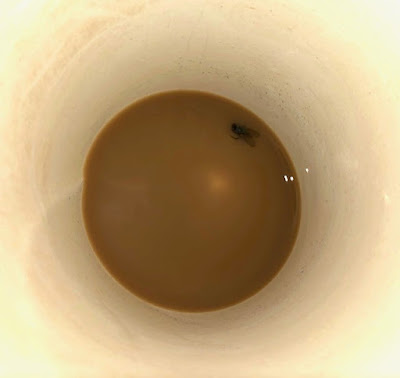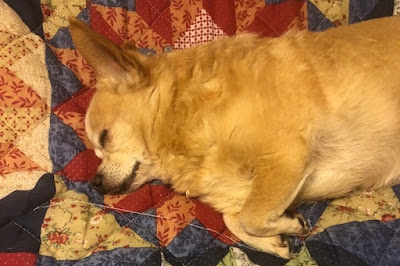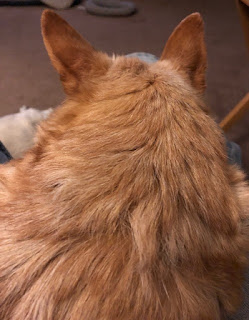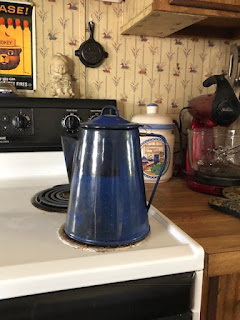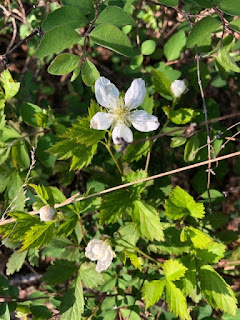Country Code and Shooting Dogs

photo by Kathryn Scott My dad never killed a dog while I was growing up. A few times he had to jump into his pickup and go run dogs off that were chasing the cattle. It's the country code. If your dog chases livestock, he is guilty of a capital crime. Horses attempting to flee barking, snarling dogs often break legs. Cattle being chased run and burn off weight, often being off their feed for awhile. Sheep crash into fences and hurt themselves and the list goes on. A livestock chasing dog costs the farmer money, sometimes a lot, and they escalate and begin killing sheep and goats. Dogs that chase chickens usually catch them and kill them. The attack also stresses out the rest of the flock causing hens to stop laying and molt. These dogs usually get three strikes. The punishment the first two times, is harsh enough. The dog is sentenced to having the decomposing chicken tied around his neck until it rots and falls off. Kind of an echo of Rime of the Ancient Mariner. If you
